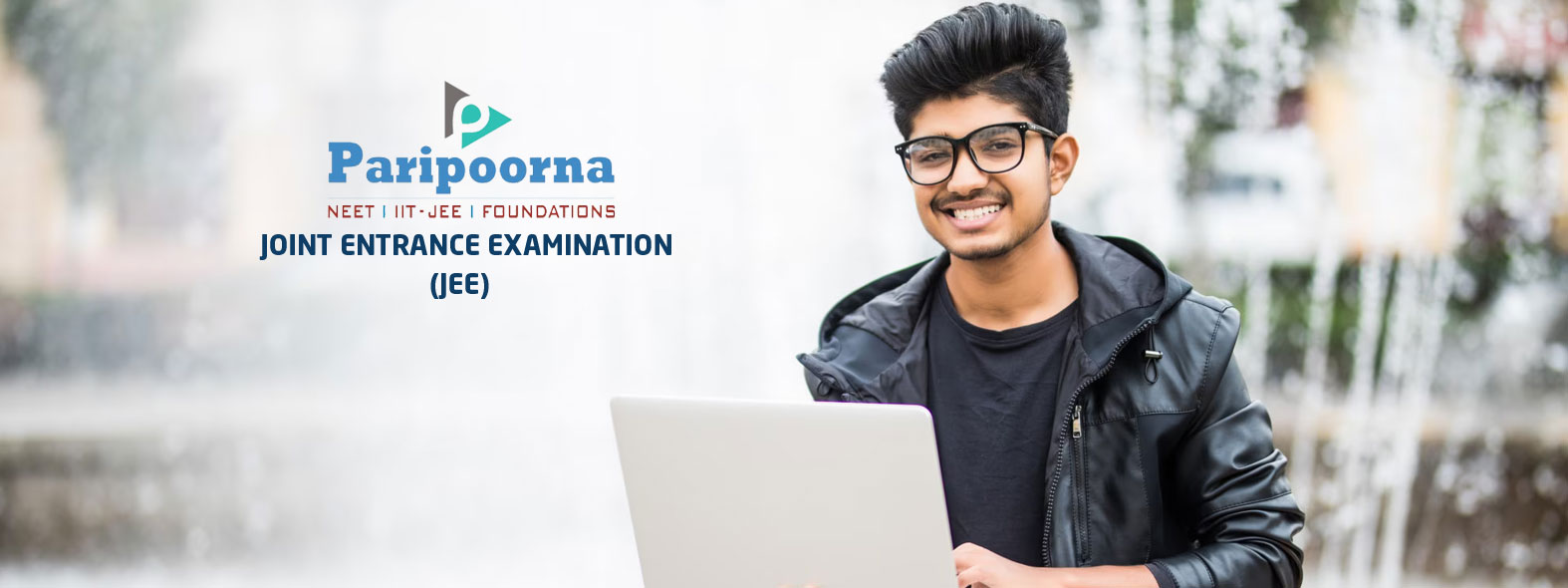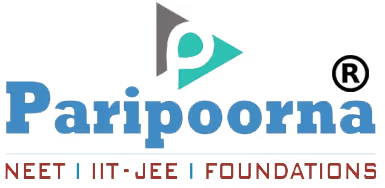Joint Entrance Examination

The Joint Entrance Examination (JEE) is an engineering entrance assessment conducted for admission to various engineering colleges in India.
It is constituted by two different examinations :
The Joint Seat Allocation Authority (JoSAA) conducts the joint admission process for a total of
- 24 Indian Institute of Technology campuses
- 32 National Institute of Technology campuses
- 18 Indian Institute of Information Technology campuses
- 19 other Government Funded Technical Institutes (GFTIs)
based on the rank obtained by a student in JEE Mains and JEE Advanced.
There are some institutes, such as the Indian Institutes of Science Education and Research (IISERs), the Indian Institute of Petroleum and Energy (IIPE), the Rajiv Gandhi Institute of Petroleum Technology (RGIPT), the Indian Institute of Space Science and Technology (IIST), and the Indian Institute of Science (IISc), which use the score obtained in the JEE Advanced examination as the basis for admission.
These institutes do not participate in the post-examination counseling session (JoSAA). Any student who takes admission to an Indian Institute of Technology cannot appear for the JEE Advanced examination again, but the same is not the case with IISc, IISERs, RGIPT, IIPE, and IIST since they have separate and exclusive counseling sessions.
JEE Main
JEE Main has two papers, Paper-I and Paper-II. Candidates may opt for either or both of them. Both papers contain multiple-choice questions.
Paper-I is for admission to B.E./B.Tech courses and is conducted in a Computer Based Test mode.
Paper-II is for admission in B.Arch and B.Planning courses and will also be conducted in Computer Based Test mode except for one paper, namely the 'Drawing Test' which shall be conducted in Pen and Paper mode or offline mode.
From January 2020 an additional Paper - III is being introduced for B.Planning courses separately.
JEE Main, unlike JEE Advanced, has a fixed exam structure and is not subject to change every year.
Paper-1 is of three hours duration and consists of thirty multiple-choice (single-correct) questions in each of the three subjects (physics, chemistry and maths).4 marks are awarded for correct answers and 1 mark is deducted for incorrect answers.
A new pattern consisting of 20+5 questions per subject is introduced in January 2020 with 20 multiple choice questions + 5 numerical type question.
In multiple-choice questions 4 marks are awarded for correct answers and no marks are deducted from numerical type questions.
JEE Advanced The top students who take the JEE-Main qualify for the JEE-Advanced examination. In 2018, 224,000 students were allowed to take the JEE-Advanced, a number that had gone up from 220,000 in 2017 and 200,000 in 2016.


